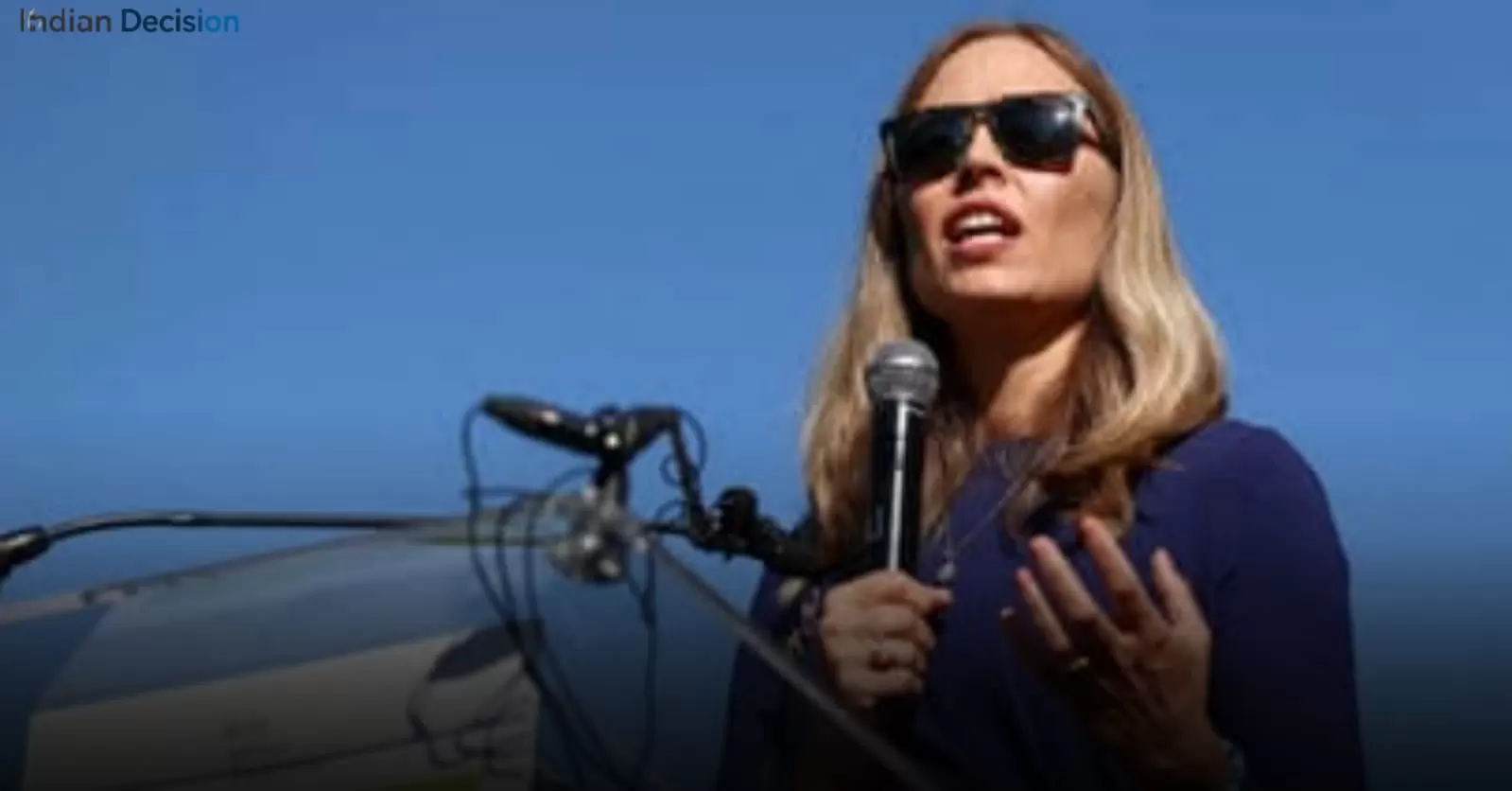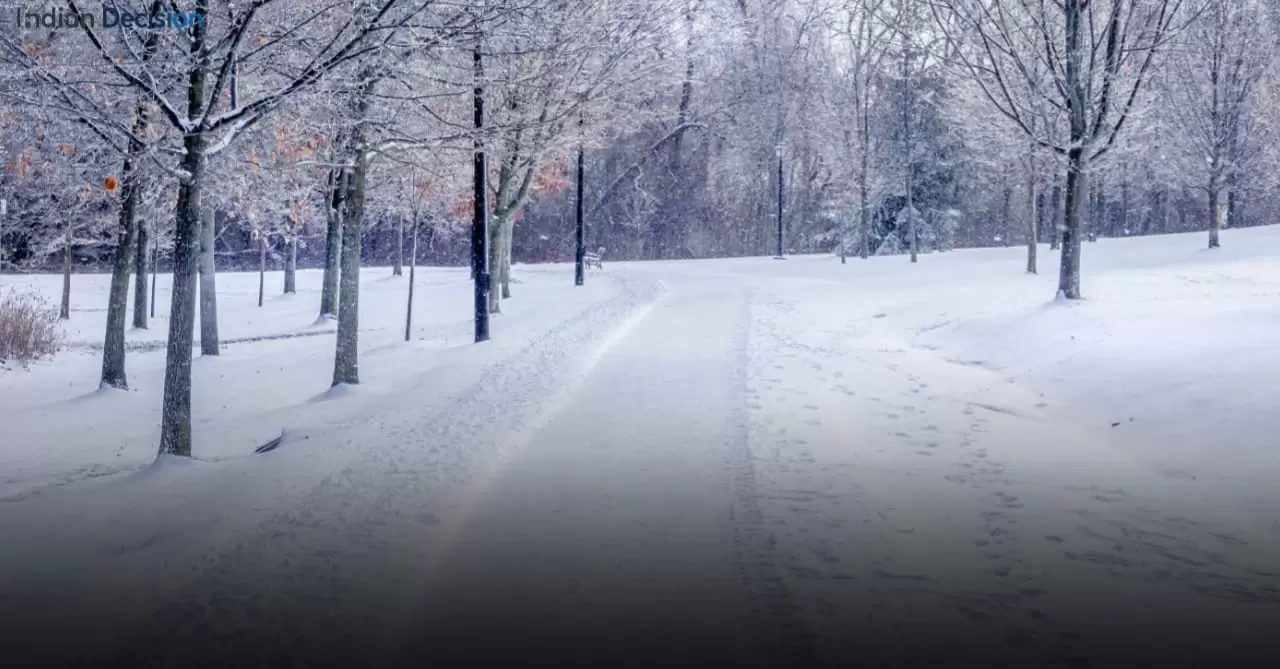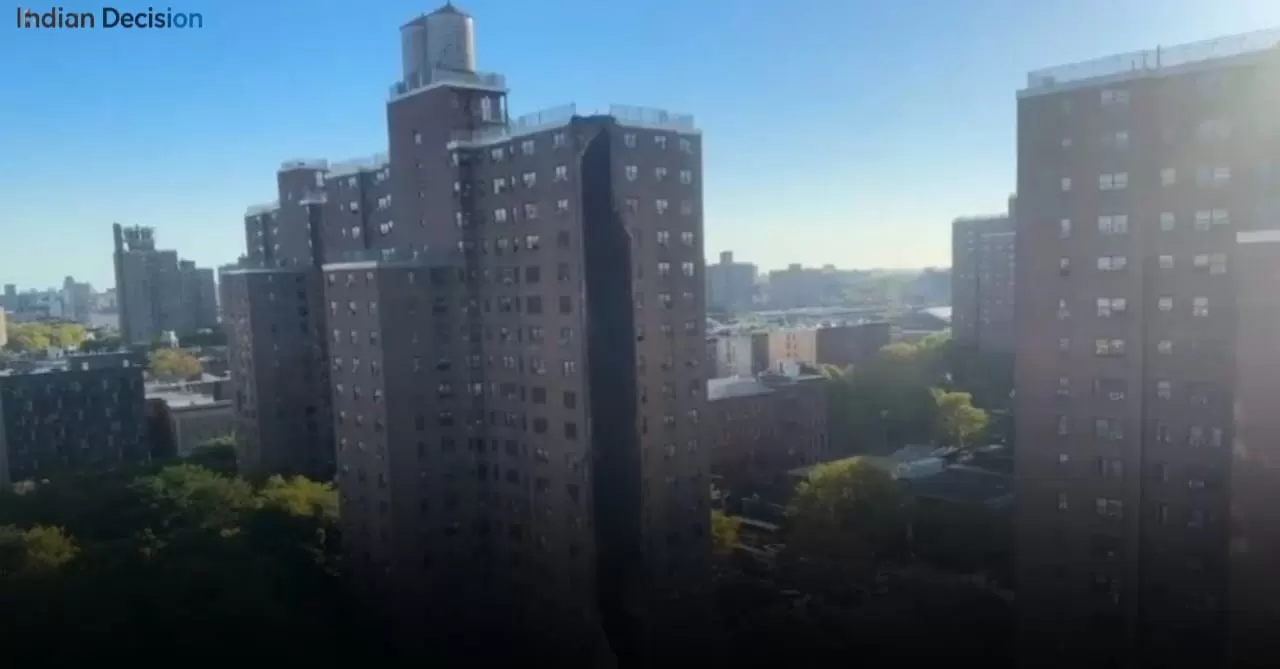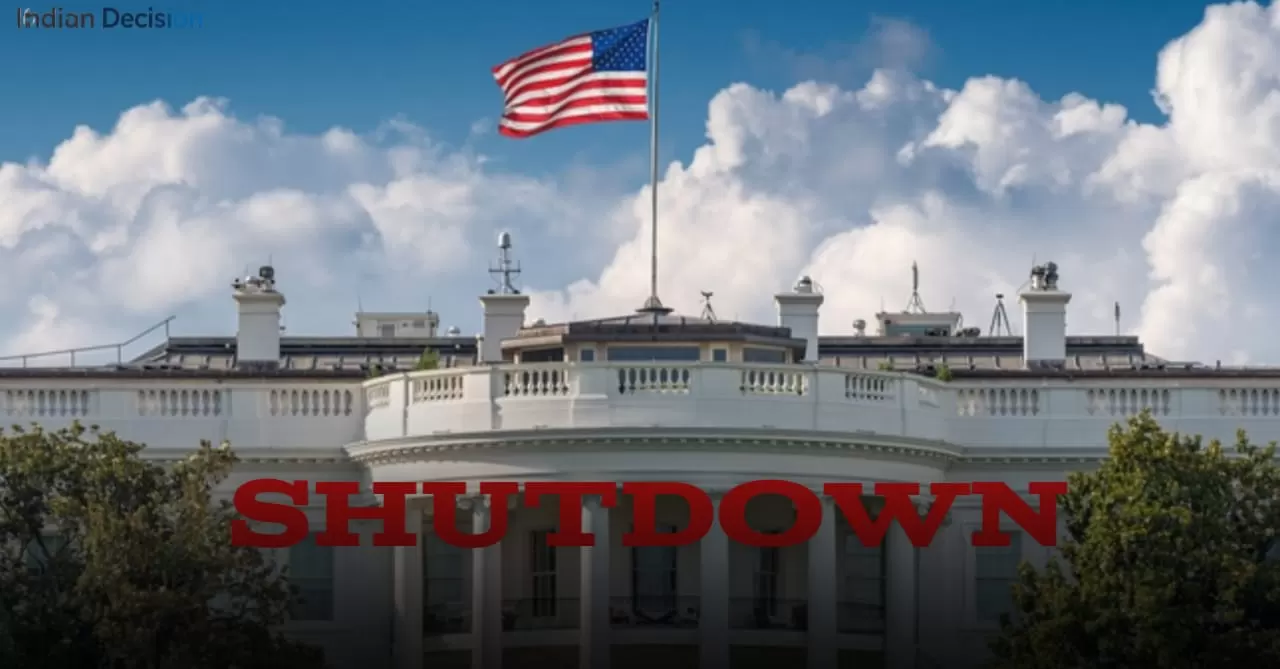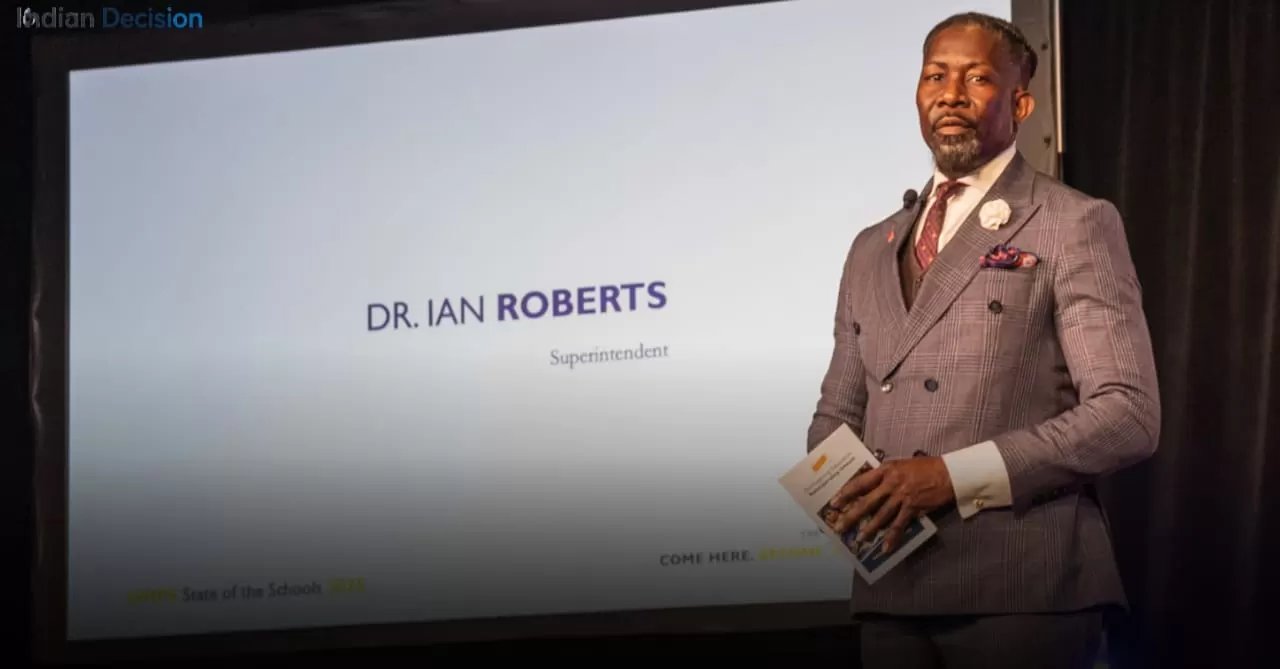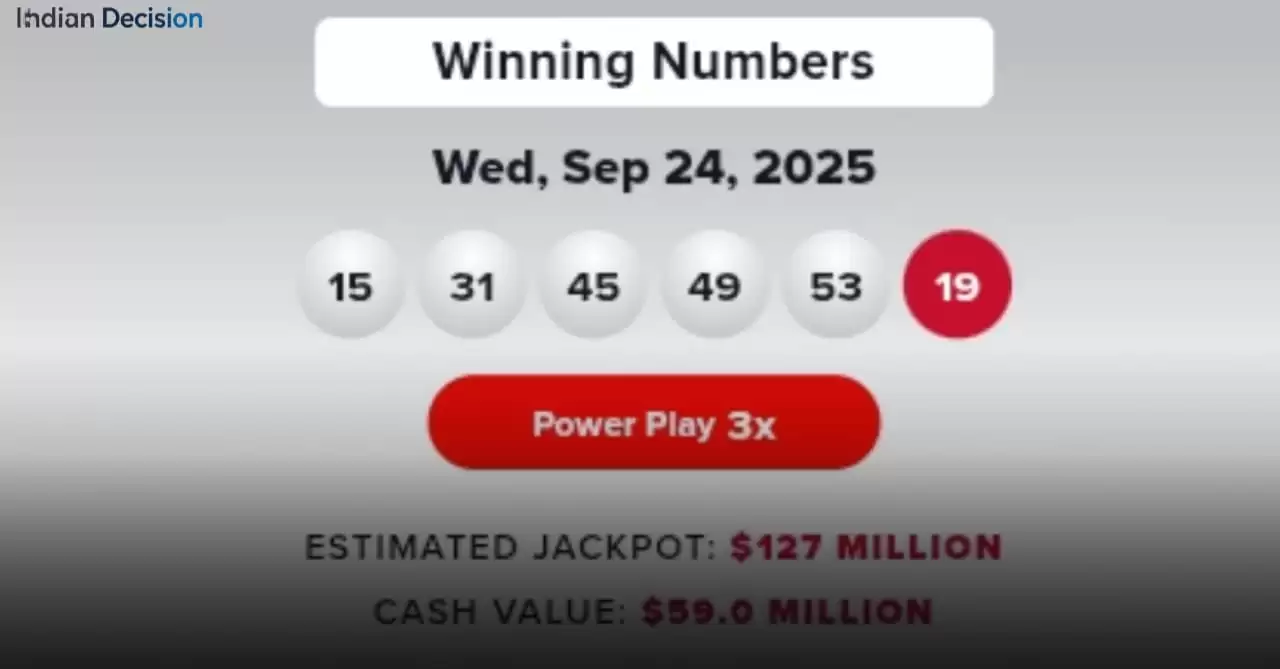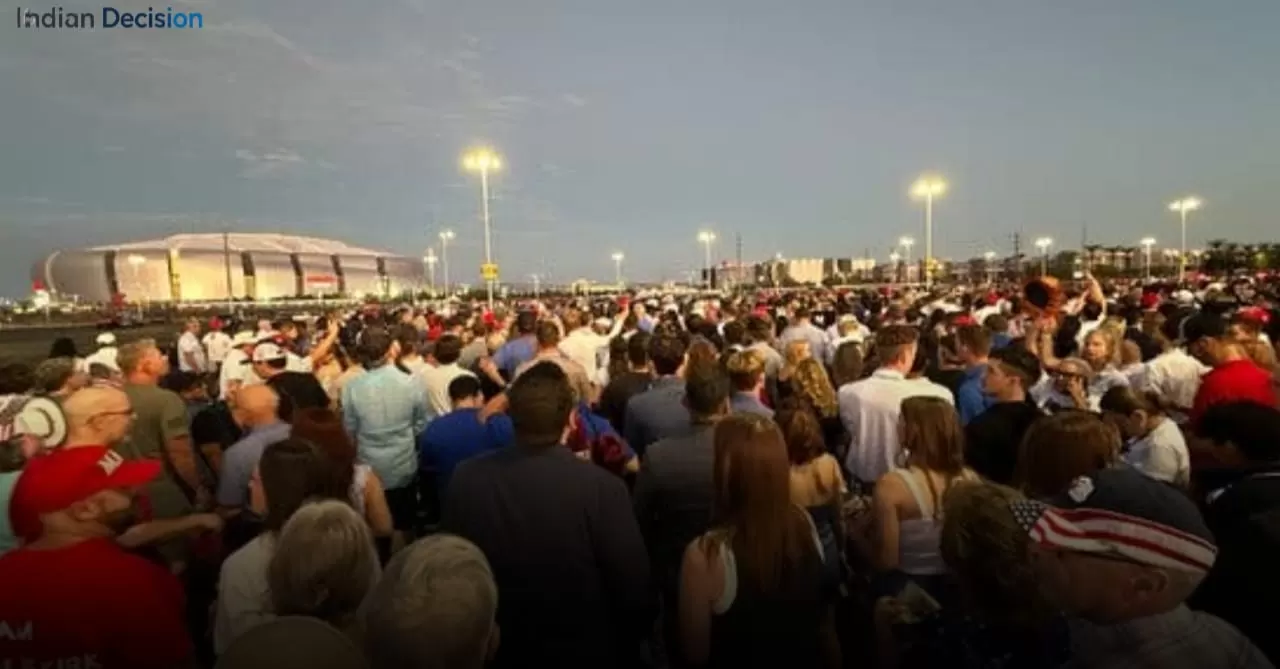Epstein Victims Press Conference Today at the Capitol
Survivors of Jeffrey Epstein’s abuse stood alongside members of Congress at the U.S. Capitol today, demanding full transparency in the release of government records. The press conference brought together bipartisan lawmakers, victims, and advocates in a rare joint effort to pressure the House to force a vote on making unreleased Justice Department files public.
Why the Press Conference Matters
The event underscored frustration with the heavily redacted files made public earlier this summer. Lawmakers and survivors argued that the public has only seen a fraction of what the government knows about Epstein’s network, including possible enablers and officials who may have looked the other way.
By holding the news conference at the Capitol, organizers signaled this was not just about past crimes but about trust in institutions. As one survivor’s attorney noted, “Redactions protect power, not victims. The public deserves more than blacked-out pages.”
Inside the Survivors’ Testimonies
The most powerful moments of the day came from survivors themselves. Several spoke publicly for the first time, describing the toll of years of silence. One woman, her voice shaking, said she felt compelled to speak now “because the truth should not die with Epstein.”
Family members of Virginia Roberts Giuffre, one of the most well-known survivors, also spoke. They framed their demands not just as justice for past victims but as a safeguard for future generations, insisting that government secrecy only makes future abuse more likely.
Lawmakers Join the Call for Transparency
Representatives Ro Khanna (D-CA) and Thomas Massie (R-KY) led the political push, describing a bipartisan discharge petition that would force a vote if it secures 218 signatures. At the press conference, Khanna stressed that “this is not a partisan issue this is about whether the American people get the truth.” Massie echoed the sentiment, saying transparency was the only way to restore confidence.
The lawmakers noted they were still short on Republican signatures but optimistic about reaching the threshold. They pointed out that forcing the vote could put pressure on the Justice Department to explain why so much material remains withheld.
What the Released Files Show So Far
Earlier this year, congressional offices made public about 33,000 pages of records. However, much of the material was either already known or so heavily redacted that new insights were limited. Investigative reporters who reviewed the files said entire sections consisted of blacked-out paragraphs, undermining their value.
Survivors at today’s press conference highlighted this problem, insisting that only full disclosure can answer lingering questions: Who enabled Epstein? Who protected him? And how deep did the failures of oversight run?
How the Petition Could Move Forward
If the discharge petition succeeds, it would trigger a floor vote in the House. While the measure itself would not guarantee every file is made public, the political pressure would be difficult for the Justice Department to ignore. Analysts believe a successful vote could also open the door for hearings where top officials would be forced to testify about redactions and withheld evidence.
Media Coverage and Public Access
Major networks including ABC, CBS, and PBS broadcast live coverage of the event. Outlets such as the Washington Post provided rolling updates, while advocacy groups are compiling survivor statements for public access. The House Oversight Committee’s website remains the central source for official document releases, though advocates warn that the most crucial material is still hidden.
FAQs About the Epstein Survivors’ Push
Q. Who organized the press conference?
Survivors and advocacy groups coordinated with lawmakers, primarily Reps. Ro Khanna and Thomas Massie, to stage the event at the Capitol.
Q. What exactly do survivors want?
They are calling for:
- The full release of government records on Epstein, with minimal redactions.
- Accountability for anyone who enabled or protected Epstein.
- Public hearings to answer outstanding questions.
- Assurances that secrecy will not allow similar abuse to continue.
What Happens Next
The next step depends on whether enough lawmakers sign the discharge petition. If signatures reach 218, the House will be forced to act, potentially setting up a rare bipartisan floor fight over transparency. If the petition falls short, survivors and their supporters are expected to keep the pressure on through public events, media appearances, and grassroots campaigns.
Conclusion
Today’s Epstein victims press conference made clear that survivors are not backing down. Their demand is simple: let the public see the full truth. Whether Congress delivers on that demand will depend on whether lawmakers decide to side with victims or with secrecy.
For those who want to follow developments, the House Oversight Committee’s official site remains the key source for documents. Survivors and lawmakers alike urged the public to call their representatives if they believe every file should see the light of day.

